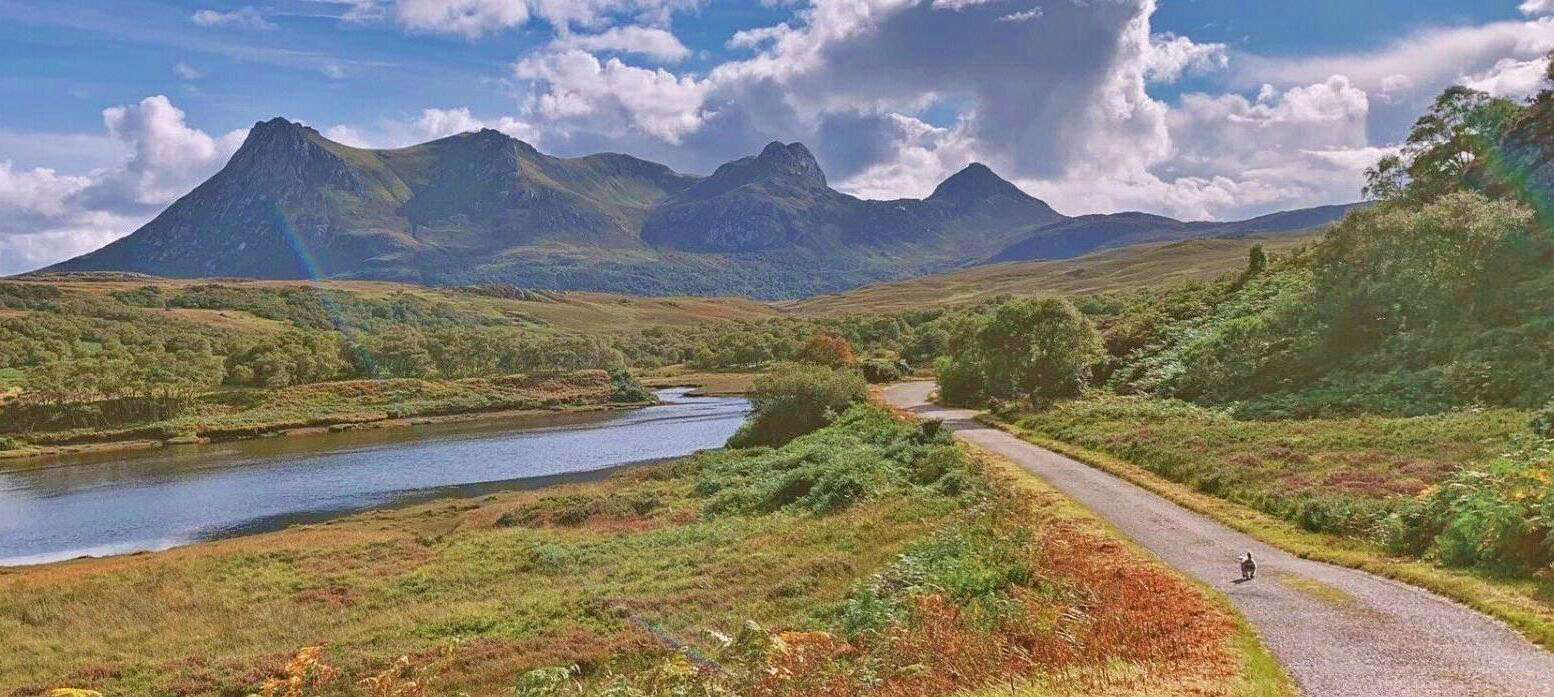How do we recover from trauma?
Trauma isn’t new. We’ve been facing it as homo sapiens for hundreds of thousands of years. What’s new is our reframing of the symptoms of trauma as ‘mental illness’ (we’re mad) or a ‘character flaw’ (we’re bad) and trying to solve it with drugs or protocolised ‘treatments’.
I believe that recovery from complex childhood trauma is possible – but there is no quick fix. In healing the wounds inflicted by human beings acting inhumanly, I believe we need a safe tribe where we can be treated with dignity and respect, with compassion and empathy. And we need to understand how trauma has changed our brains and bodies so that we can reverse those changes.
I’m all about providing that understanding: through my writing and training, I help people recover from trauma so that recovery is our best revenge.
I invite you to discover my books, courses, blogs and podcasts and to join me so that we can reverse adversity together.
And if you’re a counsellor, therapist or other mental health professional, I invite you to join my membership training group: the Trauma Recovery Community.
























